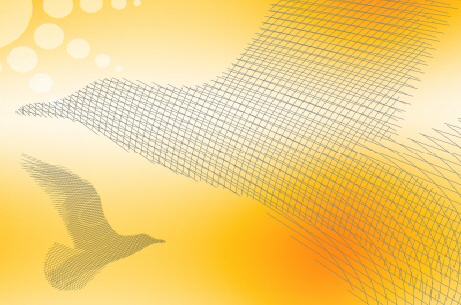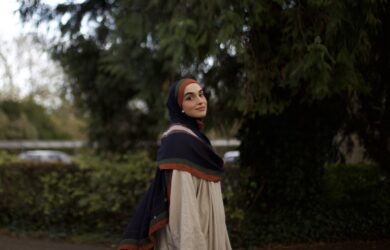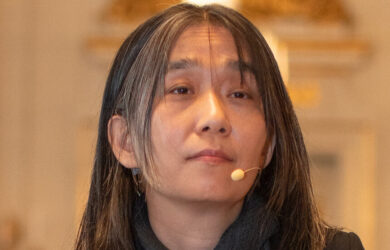
Sara Clarke-Habibi led a workshop on peace education at a conference last week.
A masters student who led a peace education initiative in schools in post-conflict Bosnia-Herzegovina delivered a workshop at a one-day conference on Peace, Conflict and Resolution last Friday [20th January].
Sara Clarke-Habibi’s session at the University of Cambridge’s Faculty of Education conference was entitled Violence, Worldviews and Peace.
Sara [2011], who is doing an MPhil in Educational Research, says her session focused on the causes and impacts of mass violence on communities and the unique challenges that educators face in attempting to educate for peace, healing and reconciliation in post-conflict settings. It also covered the psychosocial characteristics of violence-affected communities and the role which worldviews play in the appearance and escalation of conflict.
For the session she drew on her experience of implementing an integrative Education for Peace model among primary and secondary schools in post-war Bosnia-Herzegovina to show the practical challenges and opportunities associated with community reconciliation initiatives.
From 2000-2002, Sara was the National Coordinator of a successful pilot project of Education for Peace in post-war Bosnia-Herzegovina which engaged 6,000 children and young people and 400 teachers and staff in a process of worldview exploration and transformation, psychosocial healing from the traumatic effects of the war, inter-ethnic reconciliation and participatory community rebuilding.
She was then appointed Associate Director of the International Education for Peace Institute in Switzerland where she worked with government agencies to achieve national policy integration of Education for Peace in Bosnia-Herzegovina, co-authored a series of Education for Peace curriculum manuals and developed interactive e-learning resources in Education for Peace for upper middle and secondary school students.
As well as studying for her MPhil, Sara acts as a consultant to various NGOs active in peace-building and inter-religious dialogue.
Her current research – her second masters – focuses on post-conflict recovery and reconciliation, trans-generational trauma and healing in violence-affected societies as well as peace education theory and practice.
Picture credit: Idea go and www.freedigitalphoto.net












